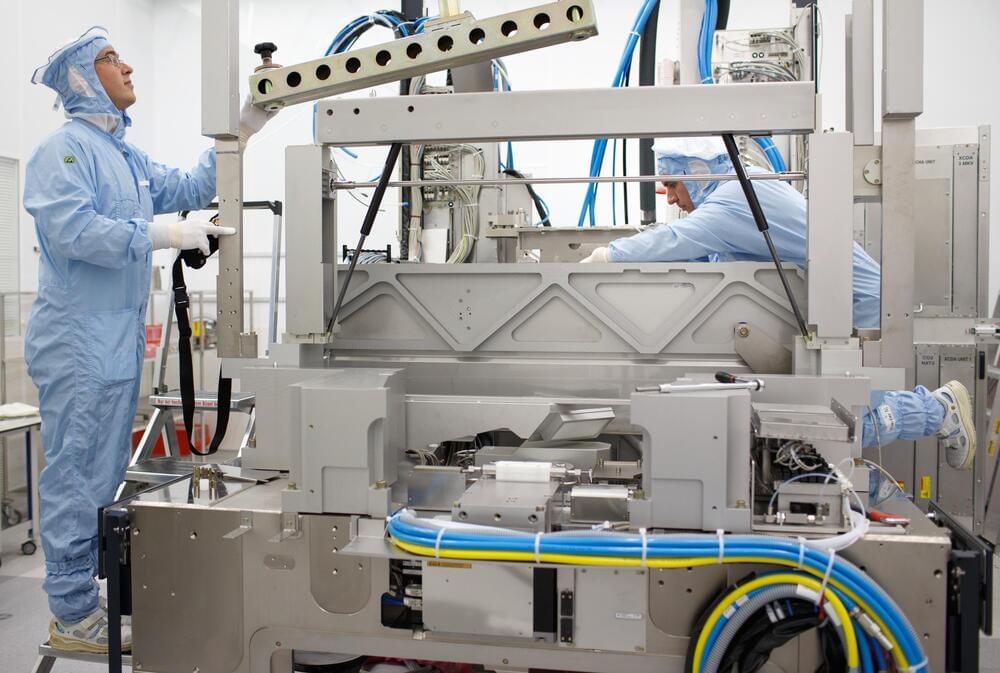We are living in a time when we can see what needs to be done, but the industrial legacy of the last century has such power invested, politically and in the media, and so much money at its disposal due to the investors who have too much to lose to walk away, and so they throw good money after bad to desperately try to save their stranded assets.
Well, the next decade will bring new technologies which will rupture the business models of the old guard, tipping the balance on their huge economies of scale, which will quickly disintegrate their advantage before consigning them to history, and these new ways of doing things will be better for us and the environment, and cheaper than every before. Just look at how the internet and the smart phone destroyed everything from cameras to video shops to taxis and the very high street itself.
The rest is not far behind and it all holds the opportunity to mend the damage we have done.
If you want to know more about what lies ahead, check out this video.
It might indeed sound more like science fiction but we are approaching an era where everything will be fundamentally disrupted. From the energy that fuels our modern lifestyles, to the food on our plates, from transportation to medicine to production, the changes that the smartphone forced upon everything they touched, from phones to video cameras to personal music players and information portal, well that is set to happen to everything else. And if you want to know more about how autonomous vehicles could change the world, check this out. https://youtu.be/uFRSf_vD-nw
